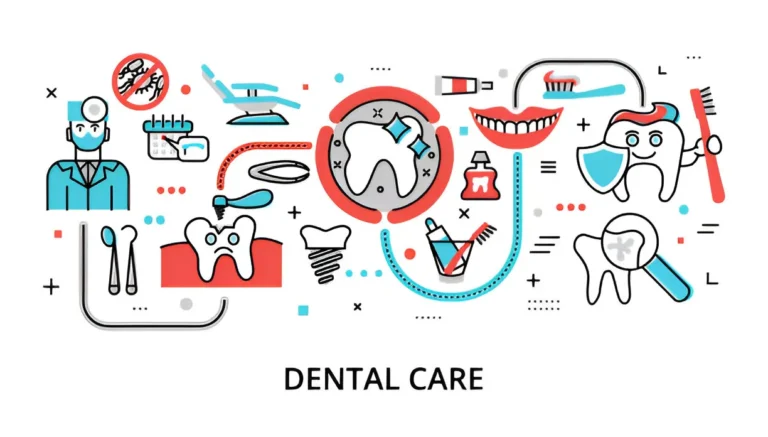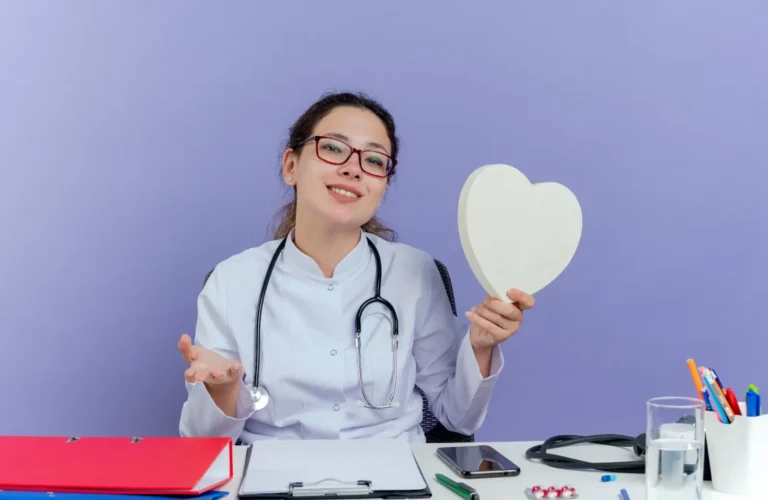The Secret Life of Bacteria: What Your Mouth Isn’t Telling You
Your mouth is hosting a party, and you weren’t invited. Every moment of every day, billions of microscopic organisms are living, breathing, reproducing, and dying in the warm, moist environment behind your lips. Welcome to the hidden universe of your oral microbiome—a complex ecosystem that would make any rainforest jealous.
The Invisible City
Imagine a bustling metropolis with over 700 different species of residents, each with their own neighborhoods, social structures, and survival strategies. This isn’t science fiction; it’s the reality of your mouth. From the moment you’re born, bacteria begin colonizing your oral cavity, establishing communities that will persist throughout your entire life.
These microscopic citizens don’t simply exist in isolation. They form sophisticated biofilms—living cities with infrastructure, communication networks, and waste management systems. The sticky plaque you feel on your teeth after a day without brushing? That’s actually a thriving bacterial metropolis, complete with high-rise apartment complexes made of proteins and sugars.
Some even cooperate in ways that mirror human society—sharing resources, exchanging genetic material, and forming temporary alliances to survive environmental stress.
The Good, The Bad, and The Necessary
Not all bacteria are created equal, and your mouth hosts a fascinating spectrum of characters. The beneficial bacteria, like Streptococcus salivarius, work tirelessly to maintain oral health by competing with harmful species for resources and producing compounds that keep dangerous pathogens at bay. These microscopic guardians are your first line of defense against infection and disease.
Then there are the troublemakers. Streptococcus mutans, the primary culprit behind tooth decay, feeds on sugars and starches from your diet, producing acid as a waste product. This acid gradually dissolves tooth enamel, creating the cavities that send you rushing to your dentist Preston or any other dental professional. Meanwhile, Porphyromonas gingivalis orchestrates gum disease by triggering inflammatory responses that can eventually lead to tooth loss.
But here’s where the story gets interesting: even the “bad” bacteria serve a purpose in the grand scheme of oral ecology. They help maintain the delicate balance that keeps your mouth functioning properly, and their complete elimination would actually be detrimental to your health. Without them, other opportunistic microbes might take over, creating entirely new problems for your gums and teeth.
Think of them as the unruly neighbors who occasionally throw wild parties but also contribute to the neighborhood watch—they create challenges, but they also stimulate your immune system to stay alert.
Secret Communication Networks
Perhaps the most astonishing aspect of your oral bacteria is their ability to communicate. Through a process called quorum sensing, bacteria can “talk” to each other using chemical signals. They coordinate their behavior, decide when to form biofilms, and even plan synchronized attacks on your teeth and gums.
This bacterial internet is constantly buzzing with activity. When harmful bacteria reach critical numbers, they send out signals that trigger their transformation from relatively harmless free-floating organisms into aggressive, organized communities. It’s like watching a peaceful protest suddenly turn into a coordinated siege.
Some scientists believe that if we could fully decode this chemical language, we might be able to intercept harmful messages before they cause damage, effectively “hacking” the bacteria’s network. Researchers are now exploring how to intercept these signals as a way to prevent future dental problems without killing off the entire microbial network.
The Mouth-Body Connection Underground
Your oral bacteria don’t stay confined to your mouth. Recent research has revealed that these microorganisms can travel throughout your body via your bloodstream, potentially influencing your overall health in ways we’re only beginning to understand.
Studies have linked oral bacteria to heart disease, diabetes, pregnancy complications, and even Alzheimer’s disease. P. gingivalis, that gum disease mastermind, has been found in the brains of Alzheimer’s patients, suggesting that what happens in your mouth doesn’t stay in your mouth.
Researchers are now exploring whether targeted oral health interventions could become part of preventative care for these systemic conditions. Imagine a future where treating gum inflammation also helps reduce cardiovascular risk.
The Daily Chemical Warfare
Every time you eat, drink, or even breathe, you’re altering the chemistry of your oral environment and influencing the bacterial war raging inside your mouth. Sugary snacks provide ammunition for the acid-producing bacteria, while foods rich in calcium and phosphorus help strengthen your teeth’s defenses.
Your saliva plays the role of a complex chemical mediator, containing enzymes, antibodies, and minerals that help maintain the delicate balance between bacterial communities. It’s like having a skilled diplomat constantly negotiating peace treaties between warring factions.
Even something as simple as staying hydrated supports this process by ensuring saliva flow, which helps wash away food particles and neutralize acids.
The Antibiotic Dilemma
Modern medicine’s approach to bacteria has often been scorched earth: kill them all and let your body sort it out. But this strategy has backfired in the oral environment. Overuse of antibiotics and aggressive antimicrobial mouthwashes can disrupt the natural balance, allowing harmful bacteria to flourish while beneficial ones struggle to recover.
Emerging treatments are now focusing on probiotics, prebiotics, and even “designer” mouth rinses that selectively encourage beneficial species rather than destroying everything indiscriminately.
Living in Harmony
The secret to oral health isn’t eliminating bacteria—it’s learning to live in harmony with them. Regular brushing and flossing aren’t just about removing bacteria; they’re about disrupting biofilms before they become too established and maintaining a balanced ecosystem.
Understanding the secret life of bacteria in your mouth changes everything about how we approach oral health. Instead of viewing bacteria as enemies to be destroyed, we can see them as neighbors to be managed.
Future dental care may involve personalized microbiome profiles, where your dentist tailors care based on your unique bacterial population rather than a one-size-fits-all approach.
The future of dentistry lies not in bacterial warfare, but in bacterial diplomacy—working with these microscopic communities to maintain the delicate balance that keeps your mouth healthy.
Your mouth is telling you a story every day through the language of bacteria. The question is: are you listening?
Classified Mindset: How Military Thinking Transforms Business






